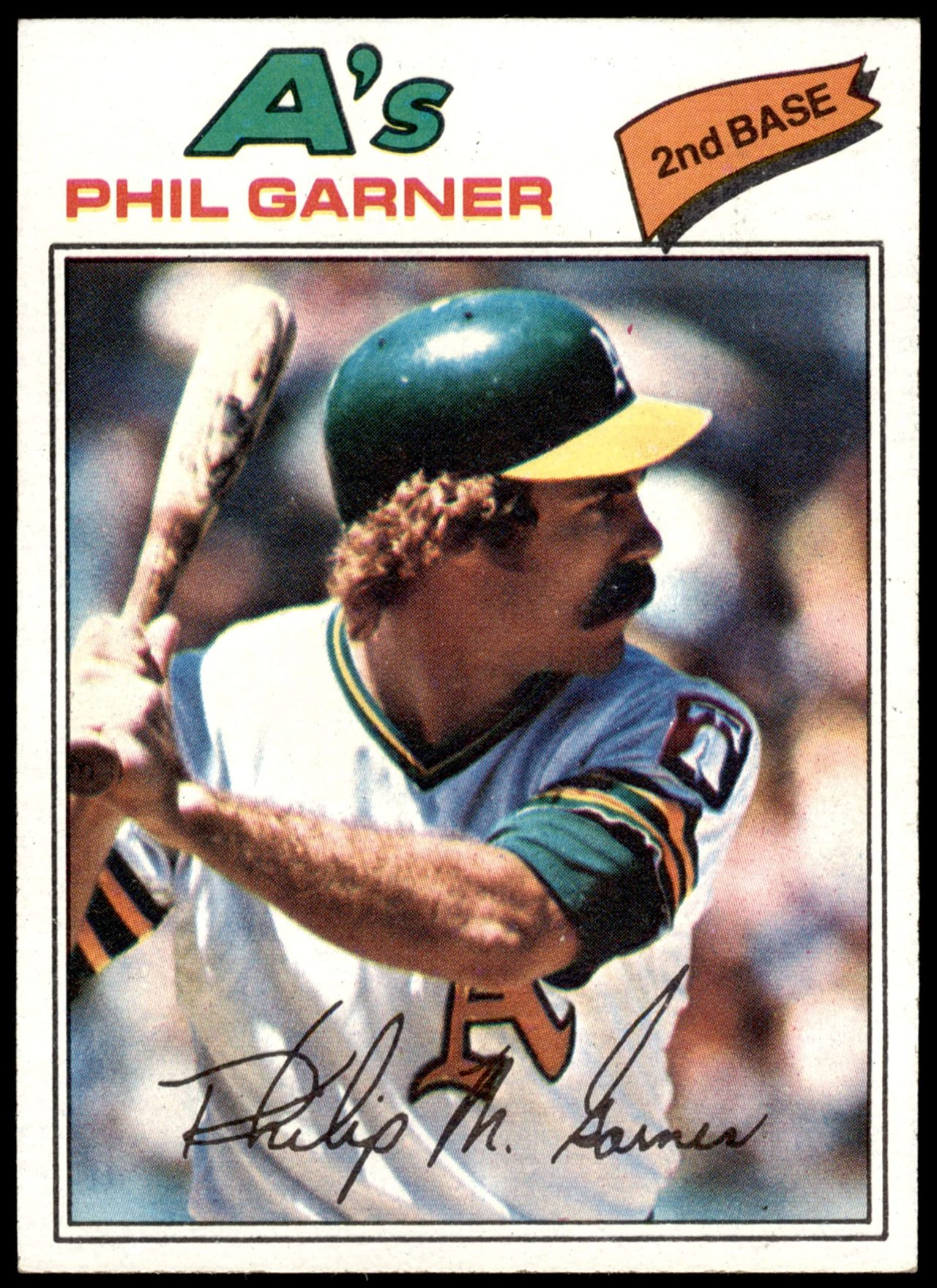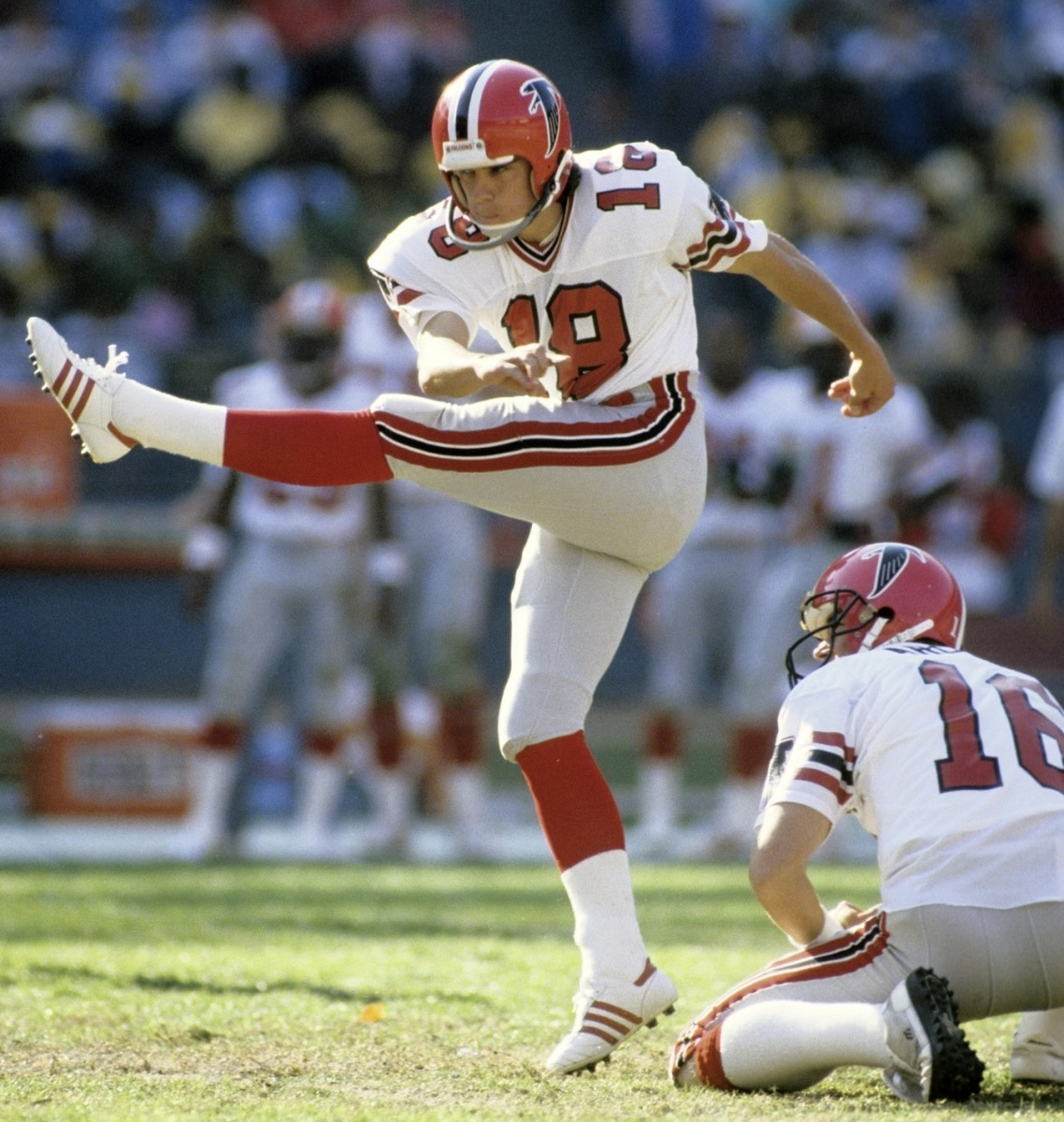sport
2/7/25
In which we feature a player just going about their business, because we often concentrate on the spectacular and forget the little details. This week we take you back to 1976 to tell you the story of how Phil Garner almost won a game for the A’s
The worn-out cliché tells us that baseball is a game full of quirks. There are the baseball parks of varying and inconsistent sizes, not to mention the necessity to have special rules for each ballpark for events that had nothing to do with baseball but more with shoddy architecture.
When the Twins moved to Target Field, they left behind not only one of the worst stadiums in baseball history, but they also left behind a large number of speakers hanging down from the roof that required a separate set of by-laws to deal with every conceivable eventuality.
There’s the seventh inning stretch of course and don’t forget the lack of any clock to keep to. The game goes on for nine innings, however long that takes, and if the game goes into extra innings, you could be in for a long, long night. Just ask fans of the Sox and the Brewers who, in 1984, a season where both teams just stank had to sit through 8 hours and twenty-five innings of turgid baseball.
The misery only ended when Brewers pitcher Chuck Porter took one for the team and the crowd and served up a ball that Harold Baines hit over the fences to record another ‘W’ in the win/loss column for the White Sox.
Anyway, it’s 1976 and we’re three hours into the game at the Oakland. The A’s with new manager Chuck Tanner in charge are 19 games into the season that, apart from three consecutive walk-off wins against the Orioles and Tigers, had been pretty uneventful. So, when the Indians came to town for the first of three games on Monday May 3rd, it was the start of just another series in just another season.
Oakland fell quickly behind in the first inning when Dick Bosman gave up three runs following two singles that allowed the runners on third to score, and an error allowed Indians first baseman John Lowenstein to move the score to 0-3. But the home team got the scoring started in the third inning when Joe Rudi homered off Dennis Eckersley with two men on. Cesar Tovar edged the A’s ahead in the bottom of the 5th, but a single from Duane Kuiper that allowed Alan Ashby to score in the top of the ninth pushed the game, for the third time this season, into extra innings. Incidentally, the man who blew the save that evening was Rollie Fingers, who also blew the save in the bottom of the ninth in that long, long game we were talking about earlier …
So, with the A’s behind 4-5 following George Hendricks 10th inning solo home run, Indians pitcher Tom Buskey walked Joe Rudi, then hit Cesar Tovar to fill first and second, prompting Frank Robinson to call for Dave LaRoche to shore things up. But things didn’t exactly go to plan. With no outs, next man up Sal Bando sac bunts, designated hitter Ken McMullen is walked, and Bert Campaneris flies out to Rick Manning in centre field.
With three men on base and two outs on the board second baseman Phil Garner settles over the plate, stares down at Dave LaRoche just over 60ft away and thinks about sending the first ball somewhere over in far-away right field and pinch hitter Larry Lintz poised at third base, home for the win. Grip the bat tight, he’s saying to himself, adjust the stance, wait for the wind-up and delivery and above all, above all else, don’t swing at junk you can’t hit.
The box score for the game doesn’t record whether LaRoche thought about throwing Garner something different, something he’s been working on in the bullpen when no one was watching. Something slower perhaps, something quirky to just end this game. What it does record, however, is that three swings later Phil Garner goes down on strikes and the Indians win, regardless.

2/7/25
In which we feature a player just going about their business, because we often concentrate on the spectacular and forget the little details. This week we take you back to the end of December 1987 to tell you the story of Mick Luckhurst, one of the few British-born players who made it in the NFL …
Atlanta in the late 1980’s was not a great place for sports.
Sure, the Hawks, the local basketball franchise, was reaching the play-offs pretty much every year thanks to Dominique Wilkins. But over at Fulton County Stadium, the Atlanta Braves of the MLB finished the ‘85 season with 66-96 record, precipitating a six-season slump that would cost four managers their jobs.
And for the Atlanta Falcons, the team they shared the increasingly empty stadium with, things were certainly not a lot better. Since their NFC West Division championship in 1980, and barring a blip in 1981, the team would finish at or near the bottom of the division until 1991 when head coach Jerry Glanville finally managed the team to a winning record for the first time in eight years.
But in December of 1987 all that lay far into the future.
For the ’87 Falcons, the end of the season could not come soon enough. It had been an unmitigated disaster. Only three games won (including, rather bizarrely, a win in week 2 over eventual Superbowl XXII winners, the Washington Redskins), the team recording the lowest Team Offense, the lowest Rushing Offense and the lowest Scoring Offense. The 0-38 defeat to the New Orleans Saints in front of their own fans at the start of November was almost repeated in December when the Los Angeles Rams scored 33 without reply.
So by the time the final game of the season came around, two days after Christmas, even the most die-hard fans might have had hopes for something to lift the Christmas cheer. The reason for the optimism? The Detroit Lions, their opponents, a team with a record only marginally worse than their own.
When placekicker Mick Luckhurst put on his uniform on that cold day in Atlanta, the weariness was probably much in evidence. He’d had a good season, despite playing for a team that finished bottom of the table for Kicking and Punting. He’d made 70% of his field goal attempts and had converted all 17 extra points. Nothing spectacular, nothing terrible – just distinctly average.
But the Falcons had recently acquired Greg Davis from the Bucanneers and at 29, Luckhurst might have felt his time was running out. A final chance to prove himself, to prove his worth to the team on this, the final game of a long, long season.
The game didn’t get off to a good start. Detroit’s Gary Ellerson rushed in from 8 yard to put the Lions in front early in the first quarter. But in the second quarter, the Falcons clawed back. Mick Luckhurst scored a 50-yard field goal, then converted the extra point after wide receiver Floyd Dixon caught Chris Miller’s 51-yard pass to tie the game 10-10. For the spectators there assembled the feeling of anticipating and excitement, the prospect of finishing the season with a victory must have been felt on the field.
So we can only hope that when Luckhurst came out towards the end of the second quarter to attempt a field goal, the excitement didn’t get to him.
After all, this was standard stuff.
It was only 28-yards, bread and butter for a kicker with 8-years’ experience at the highest level. He must have told himself the routine a thousand times. Line up, walk backward away from the ball, get the stance right and then wait for the ball to arrive. Take your approach steps, plant the foot so that it points towards the target, keep the hips and shoulders in line then kick the ball with the top of your foot and follow the kick through your target.
All these things Luckhurst did the way he always did. And when he watched the ball sail through the upright, he probably looked towards the scoreboard and smiled as he saw his team take the lead for the first time in the game, and take the lead for the first time since they beat the Cowboys at the start of the month. He made his way back to the bench, perhaps glancing over at Greg Davis and thinking to himself “see, I’ve still got it”.
But unfortunately for him the Lions went on to score one more touchdown in the 3rd quarter, adding another in the fourth. Luckhurst’s opposite number on the Detroit bench, Eddie Murray would convert both extra points and added two more field goals to make the final score 30-13 and complete the misery for the Falcons.
Luckhurst was cut at the end of the season and returned to his native England to front an NFL highlights show on Channel 4 where he probably saw Greg Davis kicking like he once did.


